Documenting history: A nostalgic trip down PTV lane
Former managing director of the state-owned channel compiled memories and research.
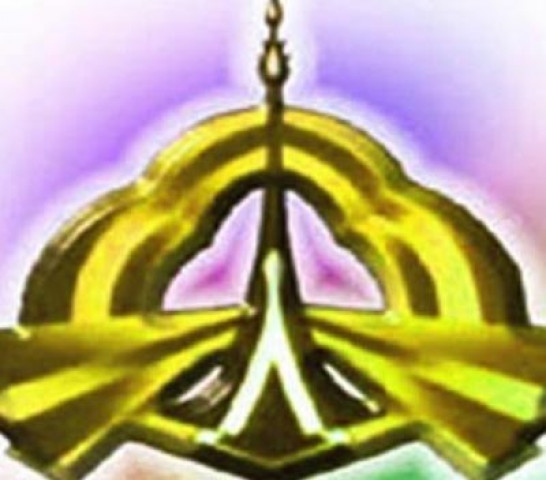
Covering around 40 years of its existence (from 1967 to 2008), a book on the history of Pakistan Television Corporation (PTV) was launched on Wednesday. Agha Nasir’s book ‘This is PTV: another, another world’ is reflective of the author’s experiences of his long employment and involvement with PTV.
During the book launch at the South Asian Free Media Association on Wednesday, Nasir said, “I’m not a researcher or historian but a person inclined to creative writing. So when I starting writing this book I was shocked at the amount of time and hard work involved in factual research.”
Nasir also noted that PTV’s reserves of information were at times lacking, stretching the research process even further.
For instance, the book incorporates photographs of PTV employees and to gain photographs of deceased peers, Nasir had to contact their widows as PTV did not have their record. His book has done Pakistan a great service by recording our broadcast history before it dwindles even further. He hopes, if utilised, the books will serve two purposes. The first, as an informative book for media students and the second, as an authentic copy of the history of PTV that can be disseminated to visitors.
The book also works to correct misinformation about the state channel. For instance, he corrected the misconception that PTV is synonymous with the emergence of Pakistan Television. In fact before PTV there was Television Promoters Company formed in 1965 that was instrumental in launching “Pakistan into television”. The first chapter titled ‘First Encounter’ also elaborates the history that led to PTV’s inception and the heated debates that pervaded the 60’s, for or against television in the first place. Nasir discusses that those against gave reasons of religion and meager finances. Such factions did not only include journalists but the Cabinet had a vital say as well. Where as, the people on the other side of the coin saw television as an investment in the future.
Chapter two, ‘Who Calls the Shots?’ emphasises policy of PTV and Nasir poignantly writes, “Since the inception of PTV, six men and one woman have ruled Pakistan and have called the shots. And PTV has had to oblige”. The book, thus, discusses the effects of politics on PTV and its development. One of the last chapters, ‘Untold’ is bitter-sweet as Nasir shares few of the many binding experiences working at PTV.
For instance, in one of the anecdotes he humorously narrates how a ‘mind doctor’, on Aslam Azhar’s show, unwittingly hypnotised the cameraman in conjunction to the model patient. The live telecast dipped into moments of confusion when Azhar was finally notified “Sir, Anees Daddy (cameraman) stands hypnotised, literally”. The same chapter also eulogises PTV’s unsung heroes telling the story of young Saleem, who worked on lights, risked his own life when child star Farakh Sultan slipped in deep water in a flood-effected area. Saleem managed to push Sultan to the shallow end however, lost his life in the process.
Correction: An earlier version of this article misspelt the word "widows" as "windows". The error is regretted.
Published in The Express Tribune, December 22nd, 2011.


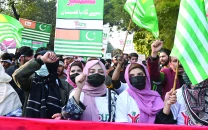
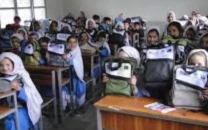
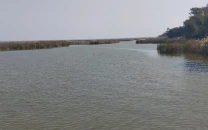
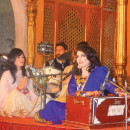













COMMENTS
Comments are moderated and generally will be posted if they are on-topic and not abusive.
For more information, please see our Comments FAQ